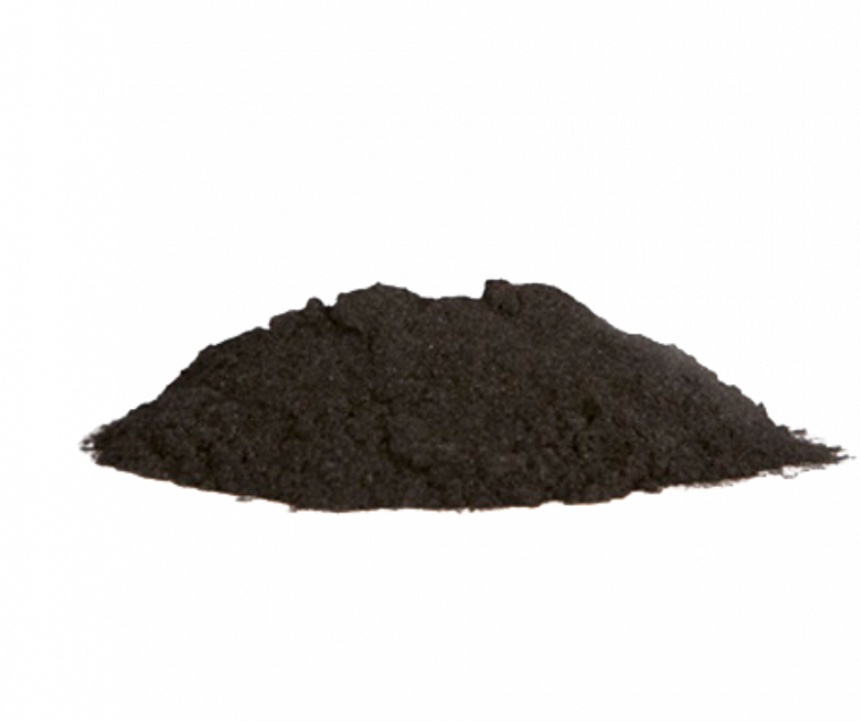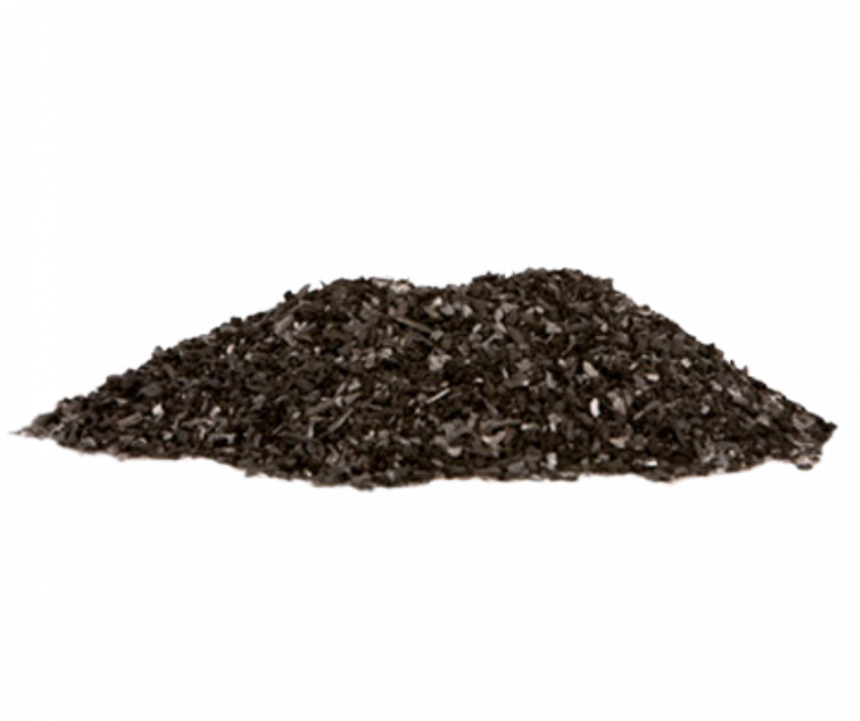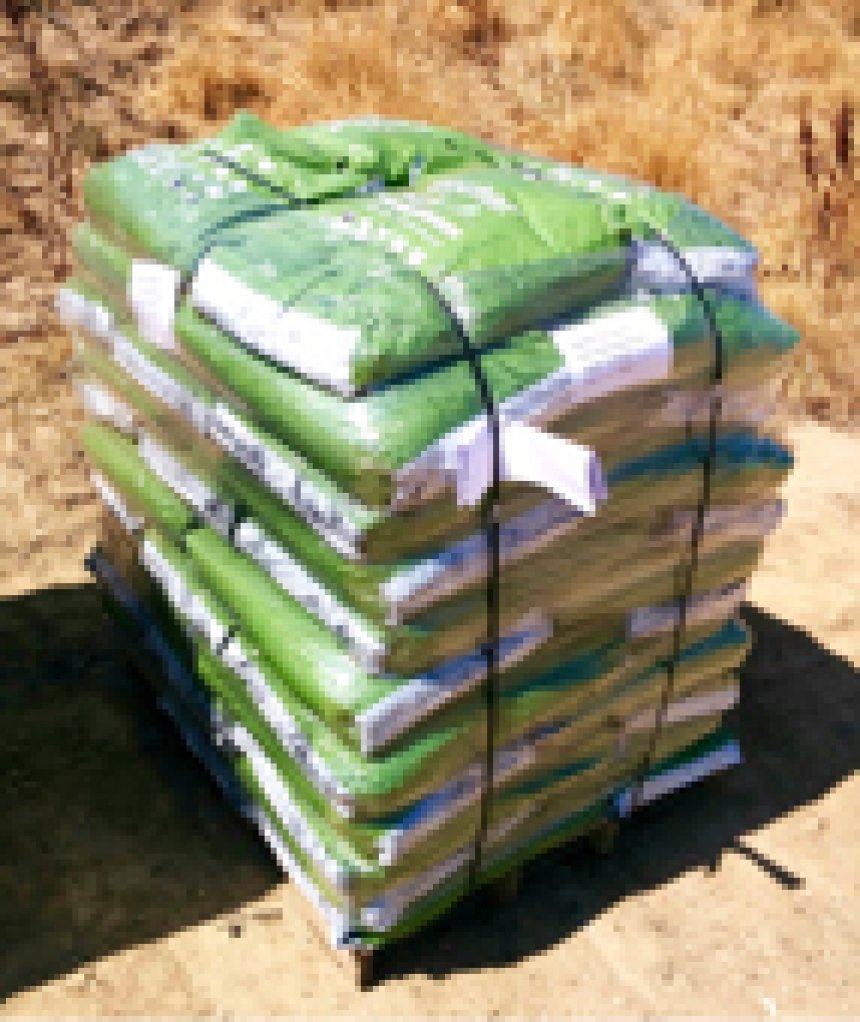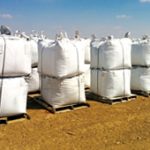BIOCHAR
- Benefits to Cattle Feeding -
Studies have shown:
- Cattle gain weight 25% quicker with same rations
- Significantly reduces methane emissions from the cow (ie, reduces
burps and flatulence) - Reduces antibiotic use
- Reduces somatic cells while increasing diary milk production
- Prevents mastitis
- Biochar passes through in manure and then acts as nutrient binder
that prevents leaching into water - Reduces waste odor and improves composting
What is BioChar?
Charcoal produced from biomass, an organic material is known as biochar. By burning the biomass in a low oxygen environment, biochar is created by converting carbon from biomass to a form that will not decompose. This process is known as pyrolysis. If buried or added to soil, most of the carbon can remain in the charcoal or soil for decades to centuries.
Simply put, biochar is a highly adsorbent, specially-produced charcoal originally used as a soil amendment. Scientists theorize biochar was first used in the Amazon Basin thousands of years ago where extensive regions of dark, highly fertile soil known as terra preta were discovered, revealing high concentrations of biochar and organic matter.




Similar to charcoal, biochar is produced using the ancient practice of heating wood or other plant material (biomass) with little to no oxygen. However, unlike charcoal, which is often used for cooking, biochar is made under specific conditions with the intent to be applied to soil as a means to increase soil fertility and agricultural yields, and sequester carbon to reverse global warming. Other market uses of biochar are being discovered regularly as universities and large industrial partners conduct extensive research into this versatile material and its cation exchange properties.
BioChar - Order Today

BAG SELECTION INFORMATION

